Join us Sundays at 4:30pm for new episodes of The Early Link Podcast. Listen live at 99.1 FM in the heart of Portland – or online anywhere at PRP.fm.
The Early Link is back with a new episode!
This week, host Rafael Otto speaks with Dr. Gholdy Muhammad, whose research has focused on the social and historical foundations of literacy in Black communities and how literacy development can be re-conceptualized in classrooms today. She is associate professor at the University of Illinois at Chicago, and is the author of the recent book, Cultivating Genius: An Equity Framework for Culturally and Historically Responsive Literacy.
Guest:
Dr. Gholdy Muhammad is a leader who strives to shape the national conversation for educating youth that have been underserved. Her career also includes having served as a school district curriculum director responsible for K-12 literacy instruction, assessments, and professional development, and as a reading, language arts, and social studies middle school teacher.
Having received her PhD in Literacy, Language and Culture at the University of Illinois at Chicago, her research interests are situated in the historical foundations of literacy development and the writing practices among Black communities.
Summary:
Dr. Muhammad begins by giving us a history lesson on Black literacy societies going back to the 19th century, and how they influenced the writing of her book. Then, she notes how literacy itself has a much deeper meaning, particularly for Black people historically, in regards to liberation, power, self-determination, foundation of all learning, accumulation of knowledge, and more. This segues into the overarching definition of culturally and historically responsive literacy, and the four components that Dr. Muhammad suggests come with it: Identity, Skills, Intellect, and Criticality. She then gives an example of how this framework could be implemented for a specific classroom lesson plan.
There are noticeable challenges that teachers face when teaching culturally and linguistically diverse youth, which in turn, disproportionately and negatively affects students of color. Dr. Muhammad gives suggestions on what educators need to do to effectively implement culturally and historically responsive teaching and learning. Even those who are bound by the curriculum in their schools or districts.
Finally, the conversation closes with Dr. Muhammad giving us an idea of what culturally and historically responsive classrooms and school communities could look like in the future.
Additional Resources:
12 Questions to Ask When Designing Culturally and Historically Responsive Curriculum
Host:
Rafael Otto, Director of Communications, Children’s Institute
~ Thanks to Children’s Institute, working to ensure that every child in Oregon has the best start in life
- Many Roads To Here: Too Late for the American Dream - January 2, 2026
- Drop-In Session with Starover Blue and Young Elk - November 19, 2025
- Many Roads To Here: The Immigrant Story Live III - October 31, 2025

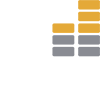
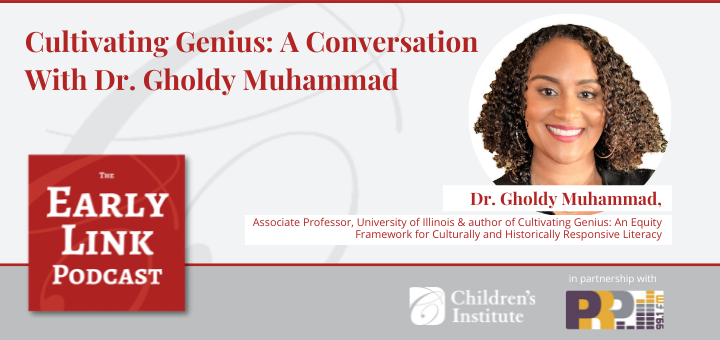
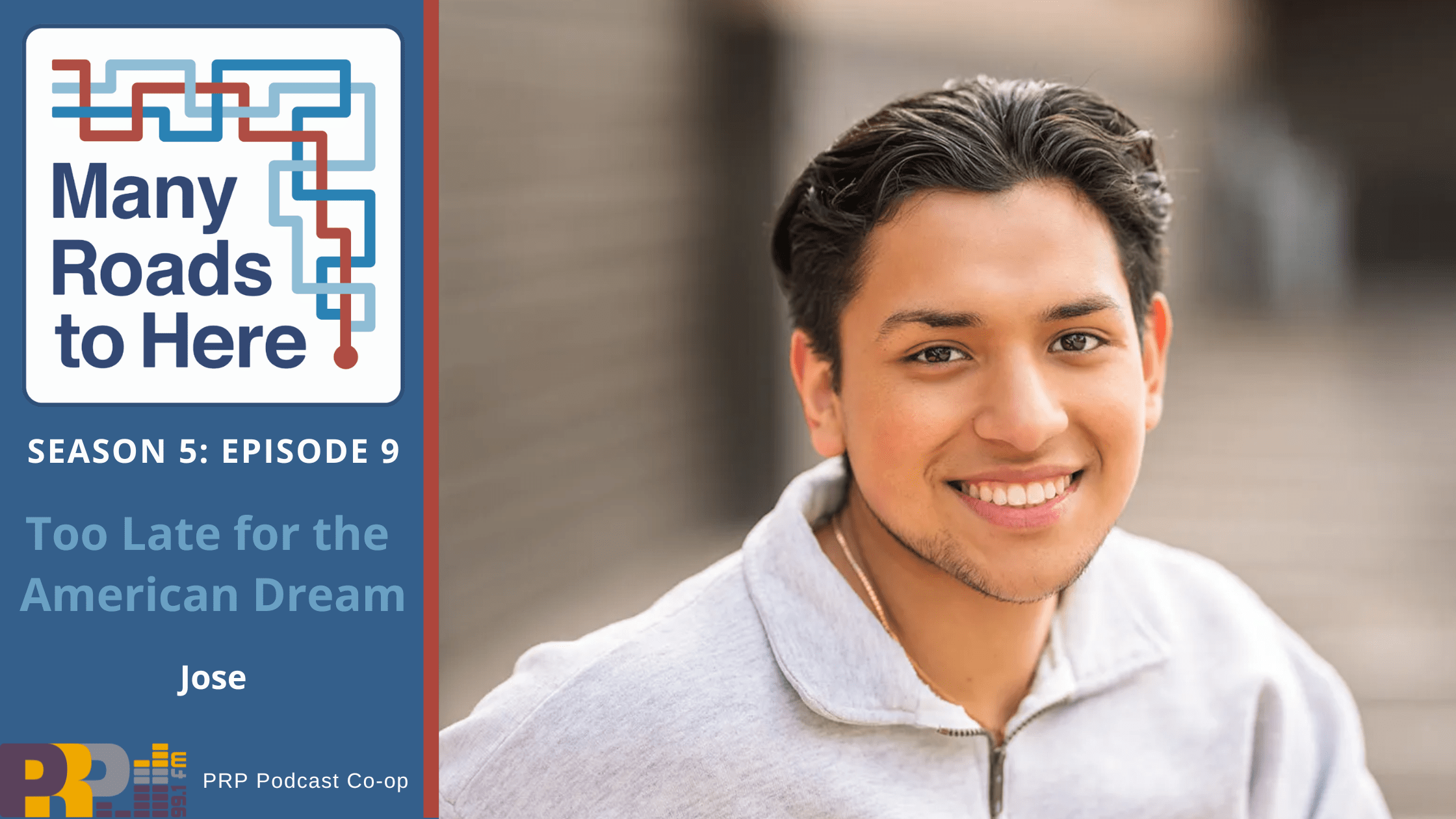
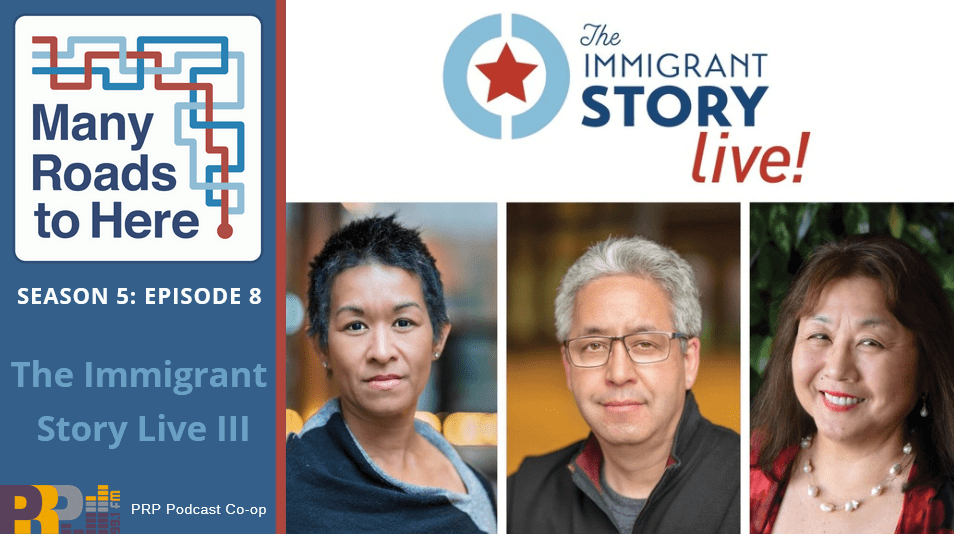
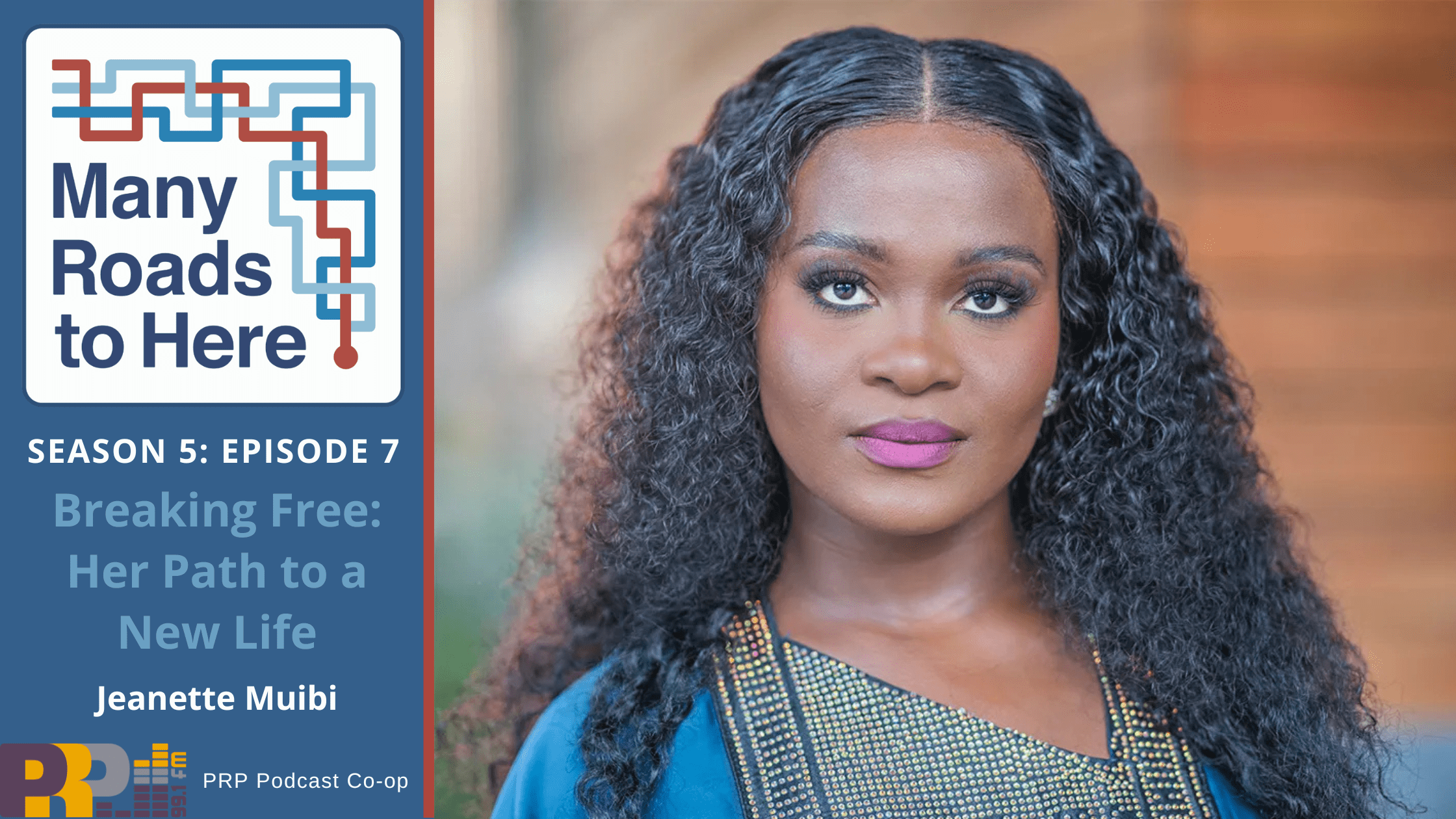
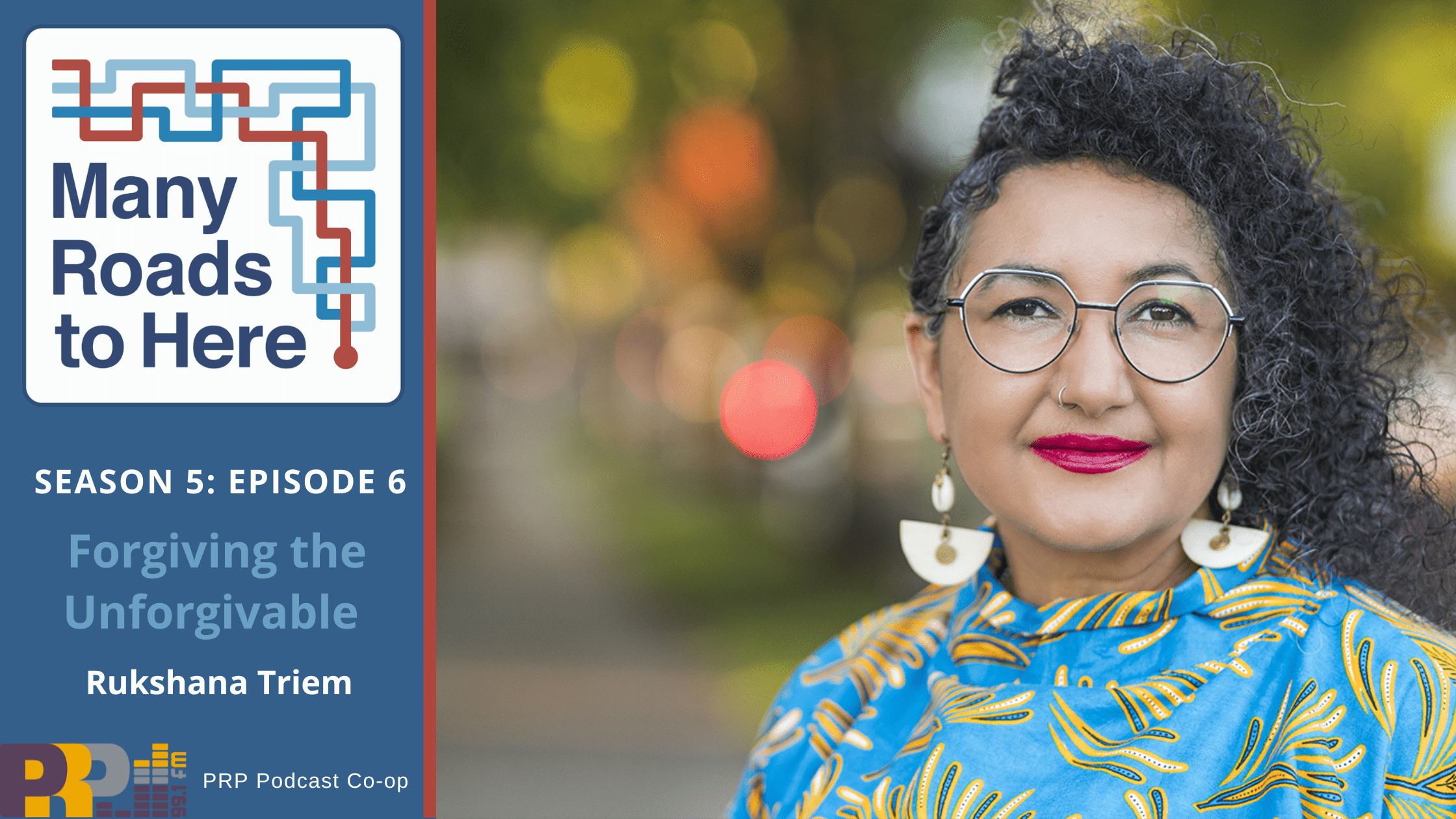
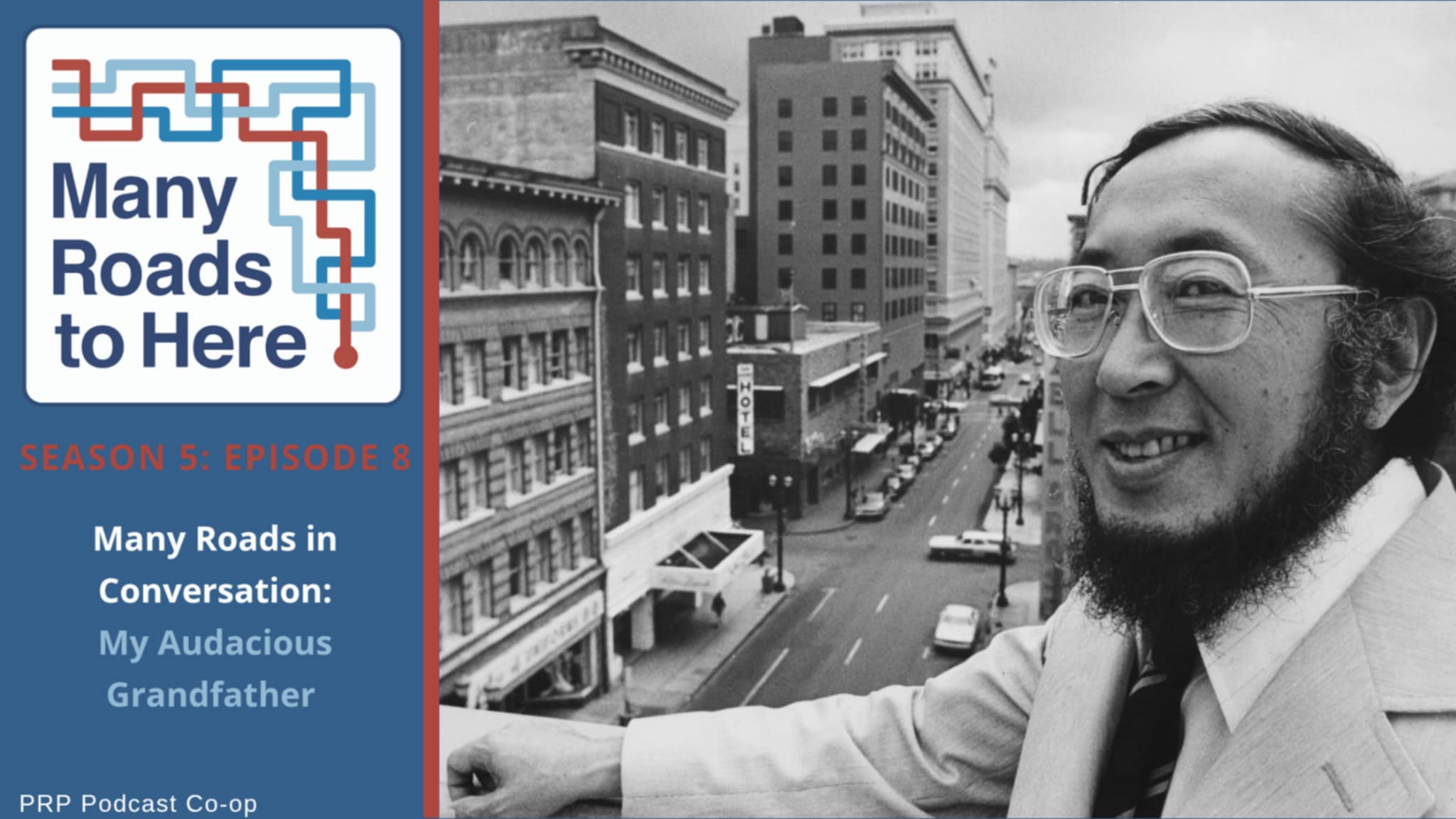
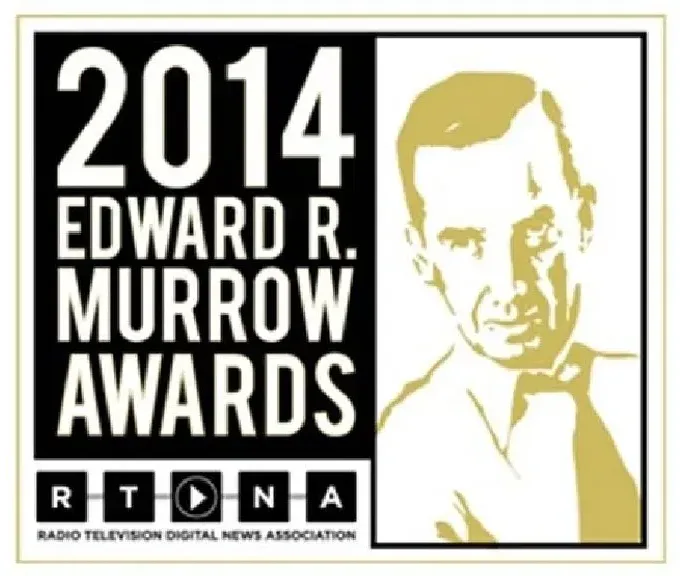
Leave A Comment